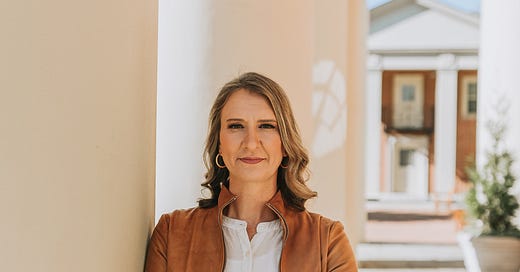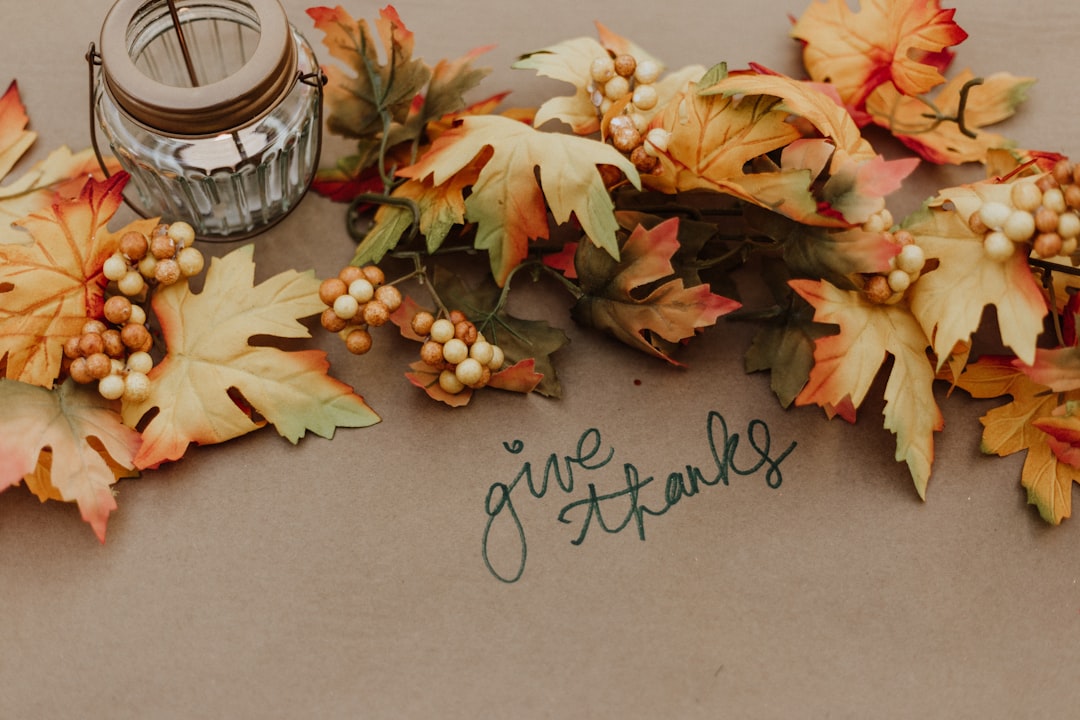Before diving in, I’d like to extend a warm welcome to everyone. I appreciate how many things compete for your attention. And yet, you chose to spend a few minutes thinking about cancer. Very cool.
These past few weeks have been crazy with the podcast wrapping up, being featured by The Guardian, talking with Anne Helen Peterson about why we are so weird about cancer AND a live interview on NPR. Oh, and I recently started a new job.
In the midst of all of this, I’m preparing for a talk in Paris and thinking about the next year of Cancer Culture. Where will we go? What will we talk about? How will this conversation evolve?
For those of you who are new, a bit about me: I grew up on a farm in Illinois, moved to North Carolina for college, travelled around a bit, and settled back in North Carolina. I’ve worked at large, urban cancer centers and small community hospitals.
After a decade in clinical practice, I realized that I was having the same conversation over and over in my exam rooms. Patients consistently expressed a gap in what they (or the people around them) expected cancer to be and what it actually was. I realized that if I was hearing this from so many patients, it was probably on the minds of more people out there.
And maybe if I brought cancer out of the shadows and into the light, I could shift the conversation from fear and dread to understanding and even hope. For any cancer survivors or care partners, I hope these posts will ring true to your experience.
Thank you again for being here and if you like what you read, please share this post with a friend. Cancer will touch all of us, so we need as many people at this table as possible. We are not afraid of hard conversations. And we are eager to change the conversation around cancer.
To familiarize yourself with my writing and this community, I’ve provided a few links to popular posts below. I invite you to read, comment, share and contemplate how we can all move forward in creating a better culture around cancer. I’m looking forward to doing that with you.
Getting to Know Cancer Culture
A great place to start is by listening to my docuseries on the life of Dr. Bernard Fisher. All six episodes of Less Radical are available now. It’s perfect binge listening for a weekend drive or upcoming holiday travel. We are approaching 10K downloads (!!!). I was interviewed on NPR last week to talk about Dr Fisher and cancer in general.
Episode 1: Who is Bernie Fisher?
Our story begins exactly fifty years ago. On a fall weekend in late September 1974, a former dancer from Michigan and a young surgeon from Pittsburgh met just outside Washington, DC. The treatment of breast cancer would never be the same. Subscribe to Cancer Culture today and get all the episodes of Less Radical delivered directly to your inbox.
My most popular post is an essay I wrote about why doctors are leaving medicine. A recent survey indicates that 1 in 5 doctors are planning to leave medicine in the next 5 years. Why spend all that time in school just to leave a profession we love? I’ll give you a hint. It’s not the patients!
Why Your Doctor is Leaving You
In the rural area where I practice, two general surgeons recently retired, a medical oncologist moved out of the community and two urologists left over a year ago. My patients with cancer are left wondering who will care for them. And this small community is not alone. An aging physician population, burnout, and understaffing of other healthcare worker…
I also write about you, my patients. About what I’ve learned in twenty years of sitting across from patients and caregivers coping with cancer. Sometimes, I share these lessons along with data like in this article which should be assigned reading for every new doctor.
The One Question Your Doctor Should Ask
I am really enjoying this community and I hope you are too. Thank you for your comments, shares, subscribes and follows. Your engagement encourages me that we are on that right track in changing the conversation around cancer.
And finally, I sometimes invite trusted experts to provide insight into a particular topic. Julie Lanford (aka The Cancer Dietitian) did exactly that when she wrote this post about diet and cancer.
What You Think About Cancer and Diet is Probably Wrong
Welcome to all subscribers — new and old! Hope you had a peaceful holiday and the return to work was not too awful. As the promise of the new year dawns, most of us tend to reflect on changes we want to make in the new year. For many of us, that includes plans to become “more healthy.”
I encourage you to check out the Cancer Culture chat where I post questions and resources pertinent to this community. I invite you to do the same.
Once again, thank you for being here. I look forward to hearing from you!










Looking forward to reading your linked posts to get up to speed. I’m the mother of a pediatric cancer patient. My son’s cancer is a somewhat unique case with an overall good prognosis, but the frustrating setbacks and continued required treatment is extremely disheartening even for the strongest people.
I am currently trying to pivot my career into the oncology research field (my background is in chemical/biomedical engineering), hoping that I can get my foot in the door at our local university or the huge cancer research institute. I have been an active advocate, but hoping to do more.
As a long term cancer survivor I am both grateful and angry. Grateful that the radiation treatment allowed me to live to raise my children. Angry that as patients in the 1980's we weren't informed what to look for regarding late effects and that we weren't followed by the universities that were setting treatment protocols. Late effects are real and navigating our medical system to locate knowledgeable physicians is daunting as well as a full time job.
Grateful that physicians like you have begun to make inroads into survivorship programs. Hopefully, resources will be in place for survivorship programs available to all cancer survivors.
I have a survivorship physician following me now but even she has difficulty finding the correct specialist for some of my issues.